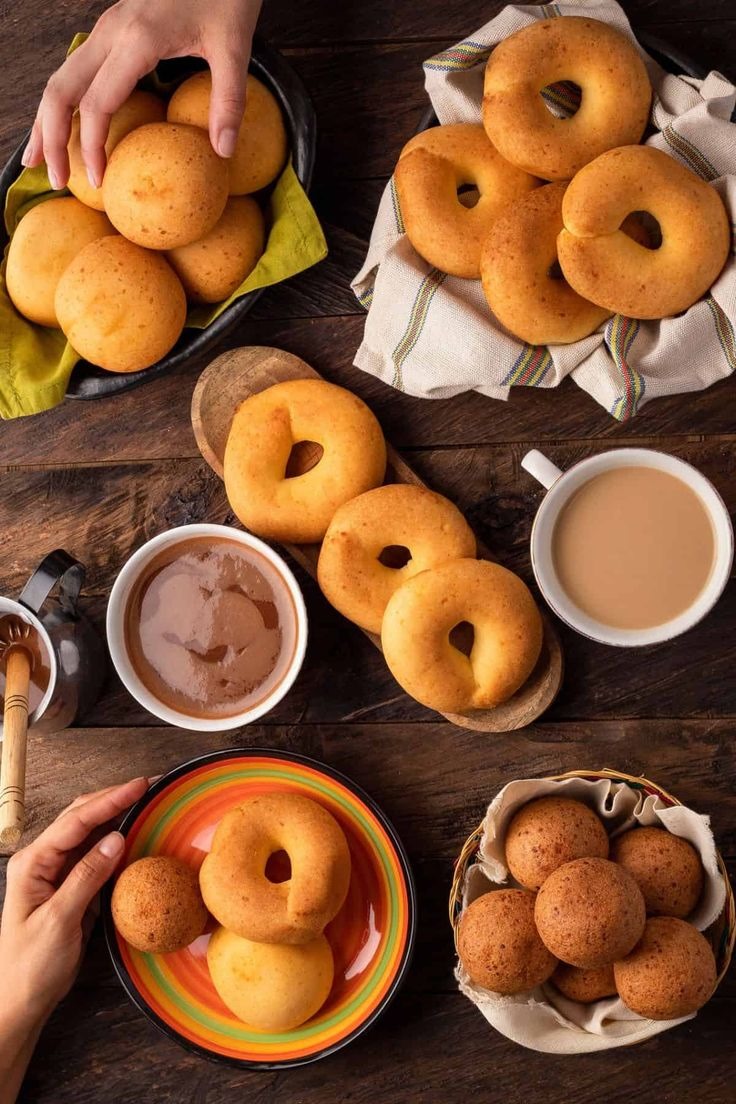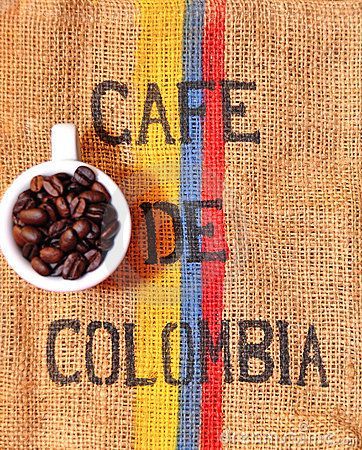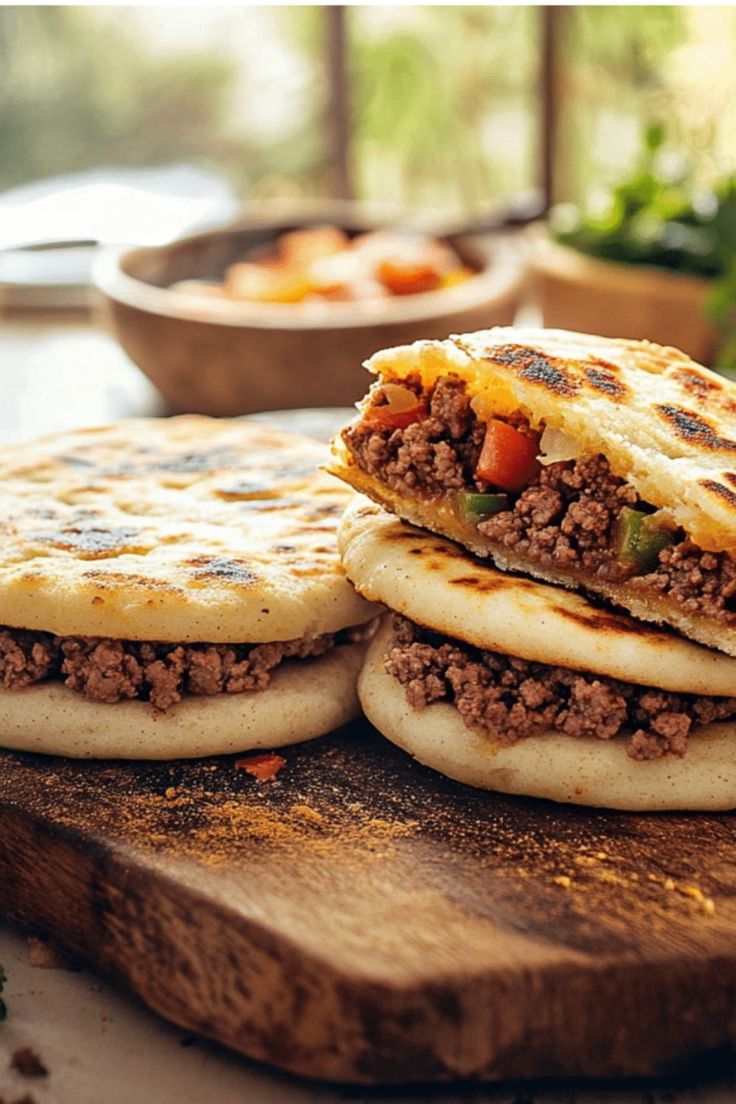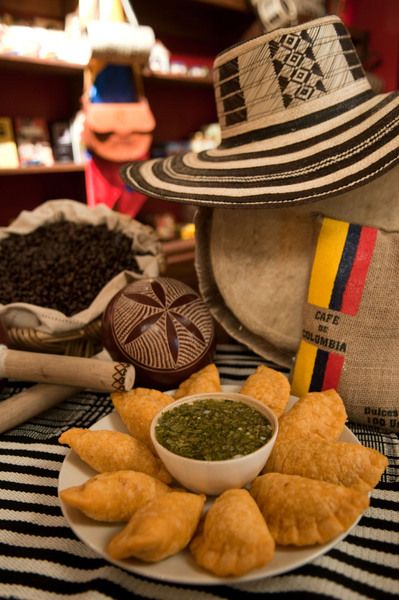Colombian cuisine is renowned for its rich flavors, diverse influences, and comforting dishes. But beyond its savory delights, Colombia also boasts an irresistible selection of desserts and pastries that reflect the country’s unique culinary heritage. From creamy custards to crispy pastries, Colombian sweets are a celebration of indulgence, tradition, and locally sourced ingredients. Let’s take a closer look at some of the most beloved traditional desserts and pastries that you must try.
1. Natilla: Colombia’s Christmas Custard

A staple during the holiday season, natilla is a smooth, sweet custard made with milk, cornstarch, panela (unrefined cane sugar), and cinnamon. It has a pudding-like texture and is often served alongside buñuelos (cheese fritters) for the perfect balance of sweet and savory. Some variations include coconut or grated cheese for extra flavor.
2. Obleas: Thin Wafers with Sweet Fillings

Obleas are thin, crispy wafers typically filled with arequipe (Colombian dulce de leche), cheese, jam, or condensed milk. These large, paper-thin treats are a popular street food and a favorite for those with a sweet tooth.
3. Buñuelos: Crispy Cheese Fritters

Buñuelos are deep-fried cheese fritters made with corn and cassava flour, creating a crispy exterior and a soft, fluffy interior. Though enjoyed year-round, they are a must-have during Christmas celebrations, often paired with natilla.
4. Arequipe: Colombia’s Dulce de Leche

Arequipe is Colombia’s version of dulce de leche, a thick, caramel-like spread made by slowly cooking milk and sugar. It is used as a pastry filling, spread on toast, or eaten straight from the spoon. Whether paired with obleas or incorporated into desserts, arequipe is a must-try for anyone who loves caramelized flavors.
5. Merengón: Colombia’s Pavlova

Merengón is a light and airy dessert made from layers of crispy meringue, whipped cream, and fresh fruit. Popular fruit toppings include guanábana (soursop), strawberries, or passion fruit, creating a delightful blend of textures and flavors. This refreshing dessert is perfect for hot Colombian afternoons.
6. Torta de Tres Leches: The Ultimate Moist Cake

Tres Leches Cake is a beloved Latin American dessert, and in Colombia, it’s made extra special with a rich combination of evaporated milk, condensed milk, and heavy cream. The sponge cake absorbs these three types of milk, creating a moist, melt-in-your-mouth experience. It’s often topped with whipped cream and a sprinkle of cinnamon.
7. Manjar Blanco: A Creamy Delight

Similar to arequipe but with a lighter texture, manjar blanco is a milk-based sweet often used as a pastry filling or enjoyed with crackers. Its delicate, caramelized flavor makes it a favorite among those who enjoy creamy, smooth desserts.
8. Postre de Natas: A Traditional Milk Dessert

Postre de natas is a unique dessert made by repeatedly boiling milk and collecting the thick cream (natas) that forms on top. This cream is then mixed with sugar, eggs, and a hint of rum or brandy, creating a rich, custard-like treat with deep flavors.
9. Cocadas: Chewy Coconut Treats

Cocadas are traditional Colombian coconut sweets made with grated coconut, sugar, and condensed milk. These chewy delights are often flavored with cinnamon, vanilla, or fruit, making them a tropical favorite. They are commonly found in street markets and bakeries.
10. Roscón: Colombia’s Sweet Bread

Roscón is a round, doughnut-shaped pastry filled with either arequipe or guava paste. This soft, slightly sweet bread is often enjoyed with a cup of hot chocolate or coffee, making it a popular choice for breakfast or an afternoon snack.
Experience the Sweet Side of Colombia
Colombian desserts and pastries reflect the country’s diverse culture, blending indigenous, Spanish, and African influences into sweet creations that delight the senses. Whether you’re indulging in a creamy tres leches cake, savoring a crispy oblea, or enjoying the rich flavors of arequipe, Colombian sweets offer something for every taste.
If you ever visit Colombia, be sure to try these delicious treats—or better yet, attempt making them at home to experience the country’s flavors firsthand.




